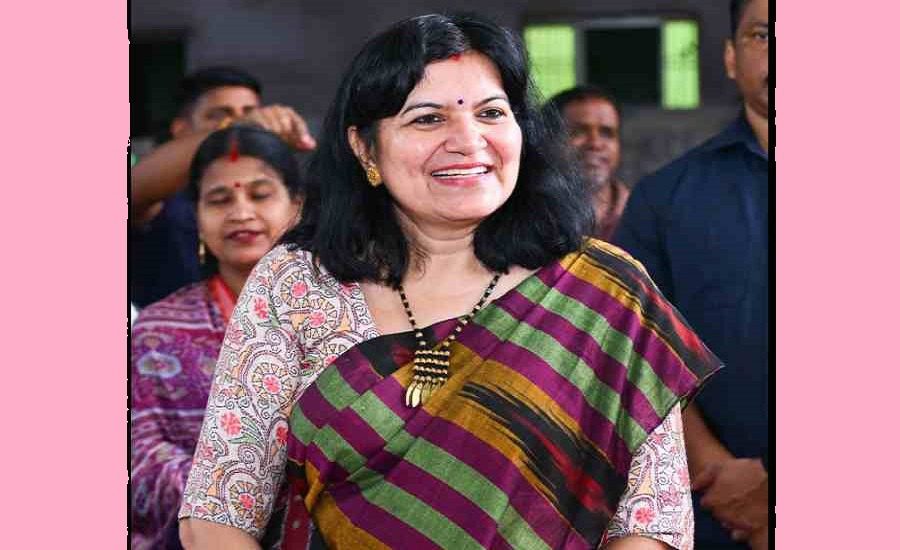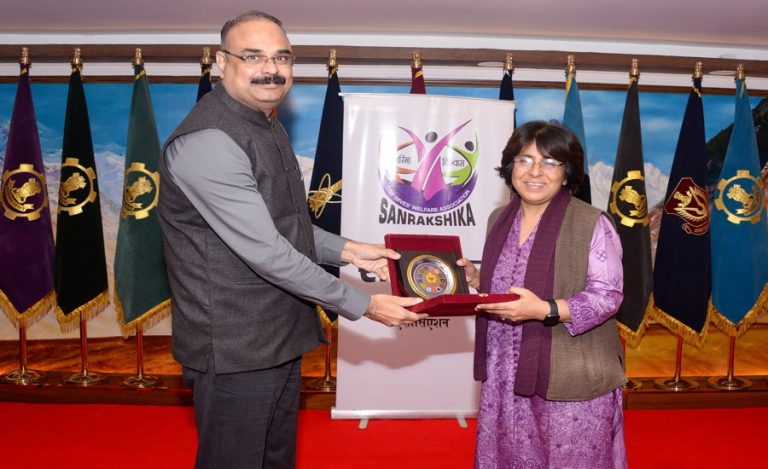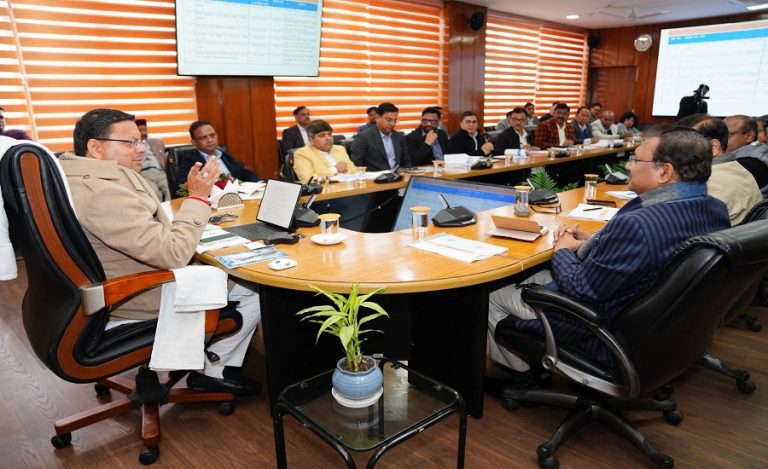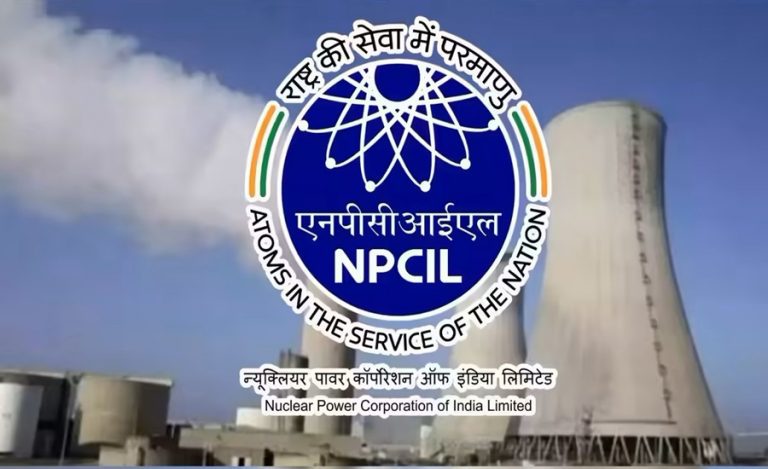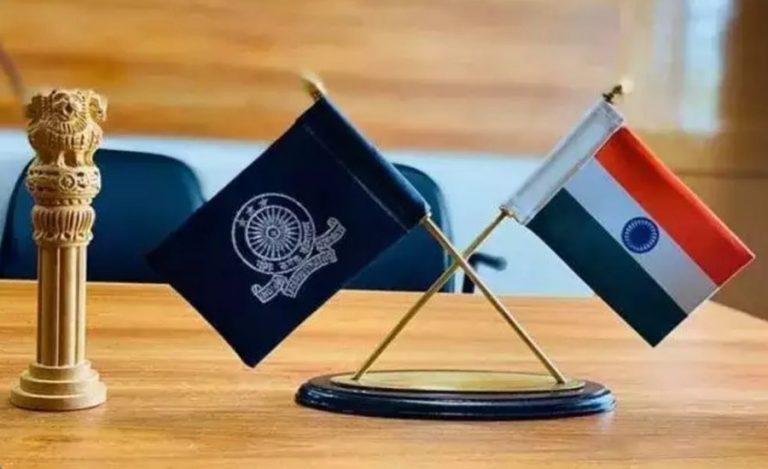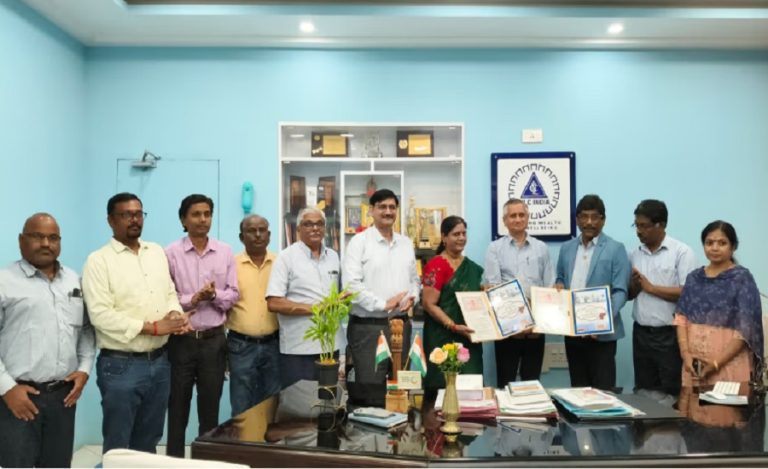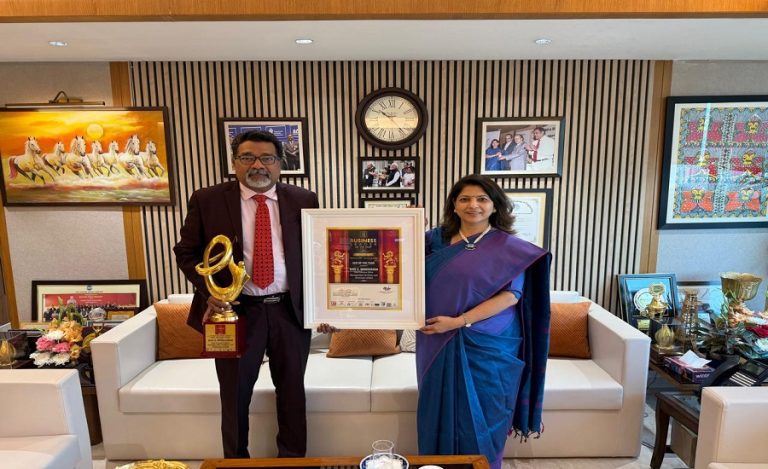New Delhi: The Congress, Trinamool Congress (TMC), and Dravida Munnetra Kazhagam (DMK) have opted to boycott the Joint Parliamentary Committee (JPC) set up to scrutinize the recent bills introduced on the removal of the Prime Minister, chief ministers, and Union/state cabinet ministers if they are arrested or detained for 30 consecutive days on serious charges.
The boycott comes after these parties had previously challenged the government over the Waqf Amendment Bill, creating difficulties for the JPC chairman. Now, by refusing to join the statute panel, the Opposition seems poised to make the parliamentary review of these new bills more contentious.
BJP MP Aparajita Sarangi Appointed Chairperson
Aparajita Sarangi, a BJP Member of Parliament from Bhubaneswar and retired IAS officer (1994 batch, Odisha cadre), has been appointed as the chairperson of the JPC. Her appointment was announced as the committee was formed without members of the Congress, DMK, and TMC on November 12, 2025.
Sarangi’s selection comes at a crucial juncture, as the government seeks to move forward with legislative scrutiny despite the Opposition’s boycott.
Background: The Controversial Bills
The bills, introduced in the Lok Sabha during the last monsoon session by Union Home Minister Amit Shah, propose that the Prime Minister, chief ministers, and Union/state cabinet ministers can be removed if they are arrested or detained for 30 days consecutively on serious charges.
Following their introduction, the Centre decided to send the bills for parliamentary scrutiny via a JPC to examine the legal, constitutional, and procedural implications.
Despite multiple outreach attempts by the government to include Opposition members, Congress, TMC, and DMK declined to participate, citing political and procedural concerns.
Political Implications
The absence of key Opposition parties is expected to intensify the scrutiny process, potentially delaying discussions and making consensus-building within the JPC more challenging.
Analysts suggest that the government will rely heavily on BJP members and allied MPs to navigate the committee’s proceedings.
The development underscores the growing political polarization in Parliament, with critical legislation facing opposition boycott strategies that may affect both debate and eventual implementation.

